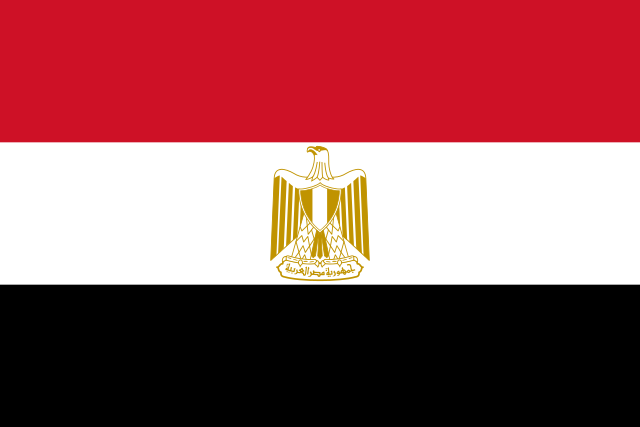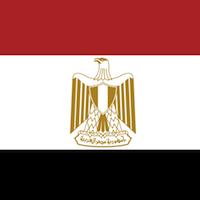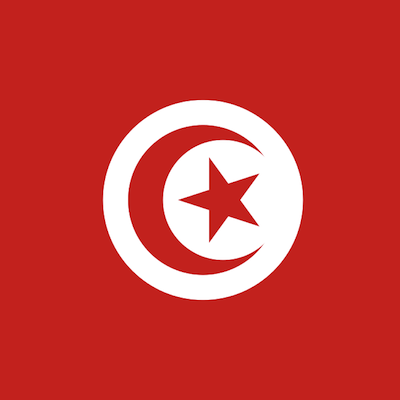Arsenal Bolt: Quick updates on the news stories we’re following.

Saudi Arabia: On the Inside Track in Egypt — How extremism migrated from Saudi Arabia to Egypt. By Patrycja Sasnal for The Globalist:
In the 1950s, Egypt was a secular, revolutionary, modernist republic, where moderate Hanafi and Shafi’i religious jurisprudence prevailed. In contrast, the Kingdom of Saudi Arabia was an Islamic, anti-revolutionary, conservative kingdom with the domination of the socially most oppressive of all established Islamic currents: Hanbali-Wahhabi school.
[…]
When Nasser started persecuting the Muslim Brotherhood in 1953, the Saudis gave thousands of these Brothers safe haven in their country.
These young Islamists lived a powerful dream as they literally built Saudi Arabia’s educational and media systems from scratch. They arrived initially with a moderate brand of Islamism, but on “fertile” Saudi soil they gradually radicalized and expanded their visions and goals.
The second and truly mass flow of Egyptian migrants to Saudi Arabia started in 1974, right after the oil crisis and subsequent rise of oil prices. […] Based on available data it is safe to estimate that at least 10-20 million Egyptians have worked and lived in Saudi Arabia in the past 40 years, possibly accounting for a quarter of the Egyptian population.
Even if these millions were initially welcome in the Kingdom thanks to their linguistic, cultural and religious compatibility with the locals, they were soon exposed to diametrically different working conditions than in Egypt.
There was complete separation of male and female workplaces, formal and factual subjugation to a Saudi patron and an extremely conservative social space. There also was obligatory prayer and Friday sermons delivered by Wahhabi imams. There was no mixing of the sexes in the streets, when visiting friends or at schools – as well as obligatory full body cover for women.
[…]
Instead of rejecting Saudi Arabia’s cultural model, the majority of returning Egyptians, after years working there, adopted it. There were three main reasons for that:
1. The obvious economic strength of the Saudi model (attributed to its religiosity)
2. An aspirational view among labor migrants toward their Saudi patrons)
3. The formative social role of mass migrant returnees, who become motors of development once back in their homeland.
The conservative returnees literally “made” the Egyptian economy of today – both its good parts and all its deep-seated problems.
[…]
Nor has this process of supplanting the rich cultural traditions of Egypt with the imported, narrow ideologies of Saudi Arabia ended. A million or more migrant workers have yet to return.
Saudi Arabia’s Wahhabis have officially supported hardline Egyptian Salafism – which generally opposes all non-theocratic absolutist forms of government – for at least a century. Personal and financial ties between Egypt’s Salafists leaders, thinkers and organizations and Saudi Arabia are plentiful and longstanding.
This relationship expanded after the 2011 revolution, as the Salafists vied against Islamic democrats for influence over young minds.
Previously from AFD on these topics:
– “Women in Egypt want their basic human rights back”
– “Further adventures in Egyptian pseudo-secularism”
– “4 reasons the US doesn’t need Saudi Arabia anymore”





 Egypt’s military-supported “secularist” government under former General Sisi picked a new Justice Minister
Egypt’s military-supported “secularist” government under former General Sisi picked a new Justice Minister 



